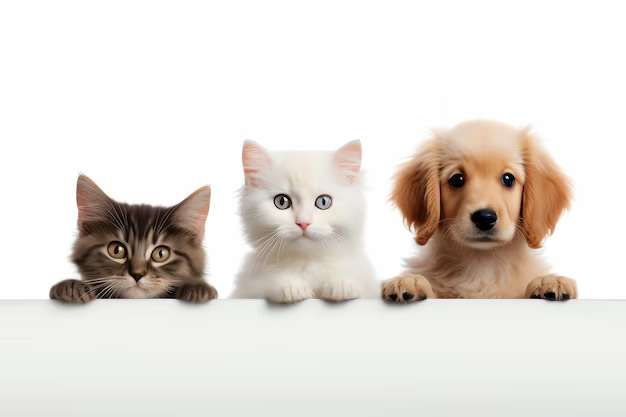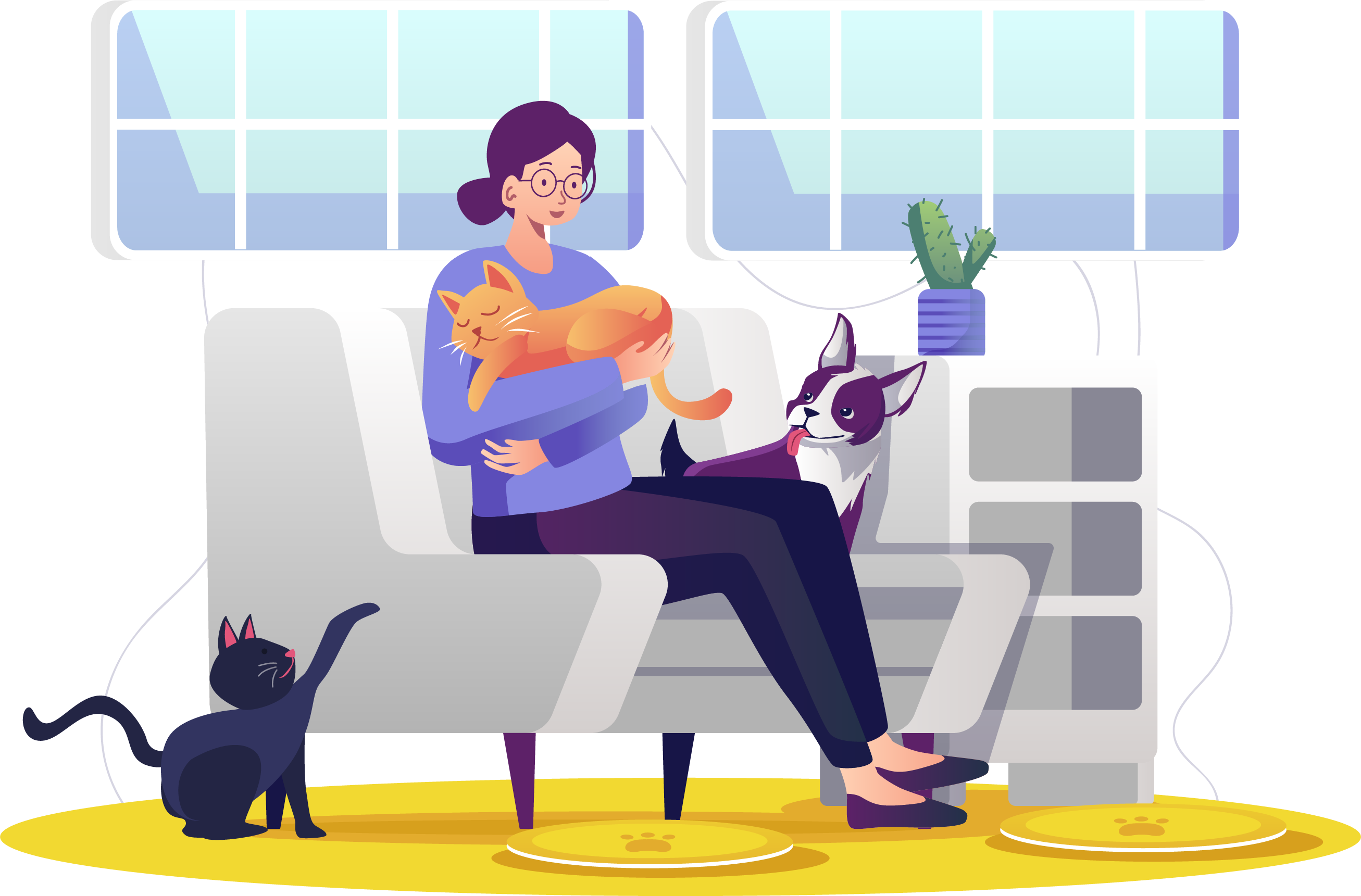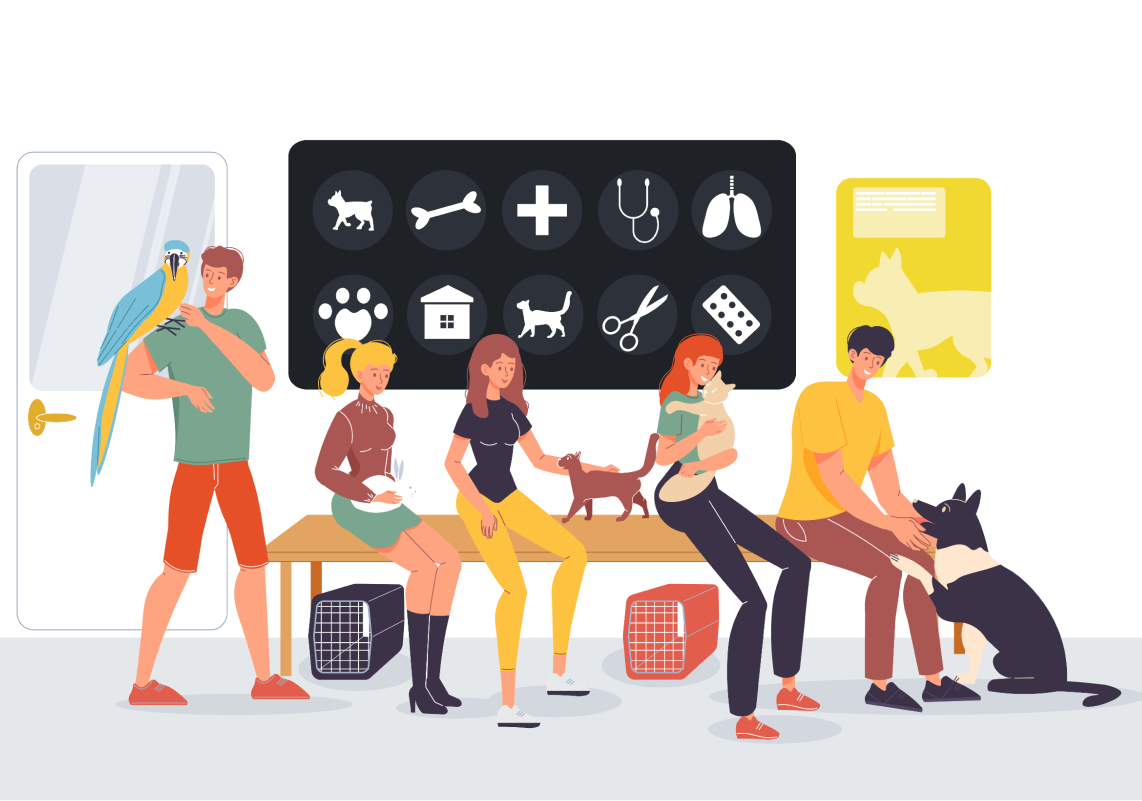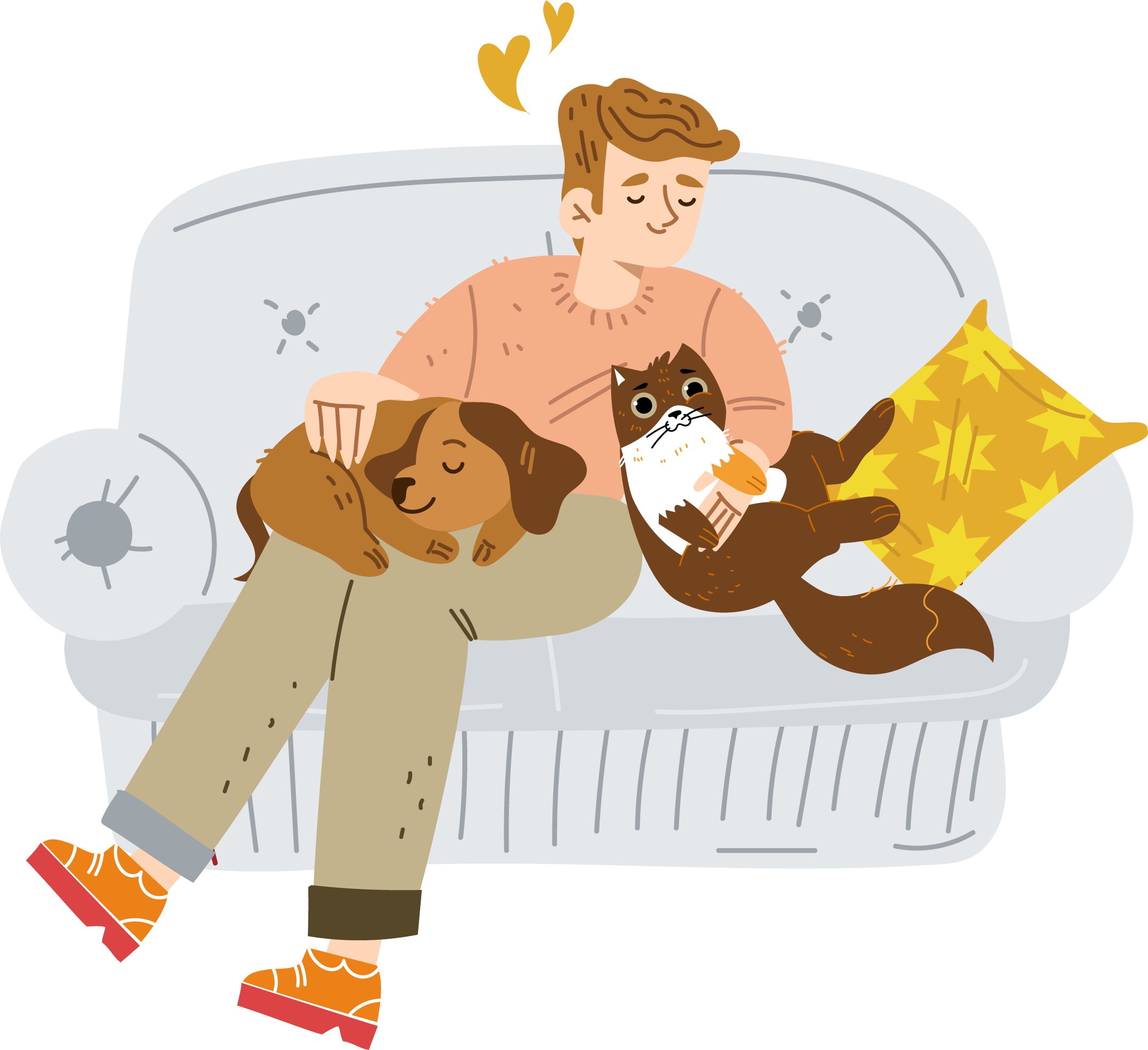by Mike Pasenow
Thanksgiving is a time for family, friends, and feasting, but it can also pose hidden dangers to your pets. Use this guide to keep your furry friends safe while still letting them enjoy the festivities.
Considerations:
1. Table Scraps: Handle with Care
Many traditional Thanksgiving foods can harm pets. Avoid feeding them the following:
- Turkey Bones: Cooked bones can splinter and cause choking or internal injuries.
- Seasoned Turkey Skin: High-fat and seasoned foods can cause pancreatitis.
- Onions, Garlic, and Chives: These ingredients can be toxic to dogs and cats, damaging their red blood cells.
- Gravy and Fat Trimmings: High-fat content may upset their stomach or lead to pancreatitis.
- Stuffing: Often contains onions, garlic, and other pet-toxic ingredients.
- Mashed Potatoes: Butter, cream, and seasonings are not pet-friendly.
Safe Alternatives: Plain, cooked turkey meat, plain green beans, or a small amount of plain pumpkin (not pie filling) are safe treats in moderation.
2. Desserts: Sweet but Dangerous
- Chocolate: Highly toxic to pets, especially dark chocolate.
- Xylitol: A common sugar substitute in baked goods, this is extremely toxic to dogs and can cause liver failure.
- Pies and Desserts: Many contain sugar, spices, or artificial sweeteners that are harmful.
3. Alcohol and Caffeine
- Alcohol: Even small amounts can cause vomiting, diarrhea, difficulty breathing, or worse.
- Caffeine: Found in coffee, tea, and some desserts, caffeine is toxic to pets.
4. Trash Can Temptations
Pets have a keen sense of smell and may raid the trash for leftovers. Keep trash bins covered or stored in a secure location to prevent:
- Ingesting food scraps, bones, or toxic ingredients.
- Eating packaging like foil, plastic, or string used to truss the turkey, which can cause blockages.
5. Decorations and Candles
- Candles: Curious pets can knock over candles, leading to burns or fires.
- Decorative Plants: Flowers like lilies, poinsettias, and holly berries can be toxic if ingested.
- Strings and Tinsel: Cats are especially attracted to shiny objects, but ingesting these can cause severe intestinal issues.
6. Holiday Stress and Overcrowding
- Guest Overload: Too many visitors can cause stress, leading to hiding, aggression, or accidents.
- Escape Risks: Open doors during arrivals or departures can tempt pets to run away. Keep them in a safe, secure room if needed.
- Supervise Children: Kids may unknowingly feed or play with pets in unsafe ways.
7. Provide a Pet-Friendly Feast
Make your pets feel included with a special, pet-safe meal:
Pet-safe store-bought treats or toys.
Plain, cooked turkey meat (no seasoning or skin).
A small portion of plain sweet potatoes or green beans.
8. Emergency Contact Information
Keep your veterinarian’s number and the ASPCA Animal Poison Control Center (888-426-4435) handy in case of emergencies.
Summary Checklist for a Safe Thanksgiving
- 🦃 Avoid giving pets seasoned, fatty, or sugary foods.
- 🗑️ Secure trash bins to prevent scavenging.
- 🕯️ Pet-proof decorations and candles.
- 🚪 Monitor doors and guest interactions.
- 🛑 Know the signs of toxicity: vomiting, diarrhea, lethargy, or seizures.
- ✅ Provide a safe space for pets to relax.
As these are exciting times, please keep your pets safe, and consider their welfare. This may reduce your chances of having to visit an Emergency Veterinary Care Hospital, and an ugly bill during the holidays.







